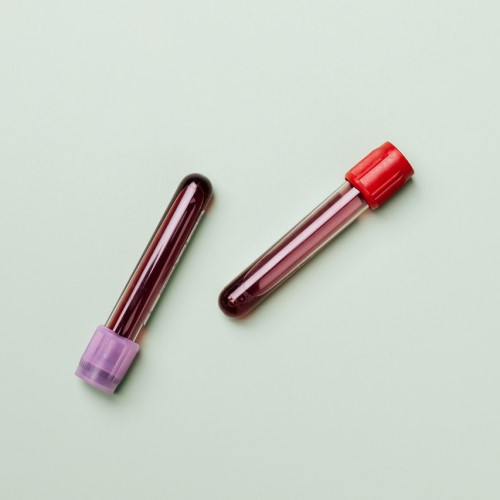Scientists researching dementia and Alzheimer’s disease have recently made a breakthrough. A new blood test could have a huge impact on the diagnosis and treatment of Alzheimer’s disease. Today, we’ll be explaining the news and what it could mean for doctors and patients.
Predicting Alzheimer’s Disease
Researchers have discovered two protein molecules in the blood – tau and amyloid – which can form clusters in the brain. These clusters, or tangles, are well-known features of Alzheimer’s disease. By measuring the levels of these proteins in the blood, we can identify people who may be in the early stages of Alzheimer’s before symptoms set in.
What Does This Mean for Treatment?
Unfortunately, there is little that seems to slow down the progress of Alzheimer’s once the disease is well established. However, identifying Alzheimer’s earlier could enable more effective treatment. Currently, the common tests for Alzheimer’s are costly brain scans and invasive lumbar punctures. A simple blood test that could accurately predict or diagnose the disease would be a major breakthrough.
What Happens Next?
Professor Masud Husain from the University of Oxford said, “We need further validation but in the context of other recent findings this could be a transformative step to earlier diagnosis, as well as testing new treatments at earlier stages of the disease.”
Moving forward, researchers will need to conduct further studies. Clive Ballard, a professor from the University of Exeter Medical School, said that we could still be five years away from rolling out an accurate blood test for dementia.
In the meantime, Alzheimer’s disease remains the most common form of dementia in the UK, affecting around 1 in 14 people over the age of 65. Support is available from the Alzheimer’s Society.
Support For People With Alzheimer’s Disease
A diagnosis of Alzheimer’s disease is life-changing. Lots of people worry about keeping their independence and staying safe at home. That’s where a Telecare alarm can help. Our personal alarm service is designed to support elderly people and those with long-term medical conditions to remain independent in their own homes. If you think you could benefit from a Telecare alarm, click here to find out more about the service or call 0800 635 7000. We also accept NHS referrals.



